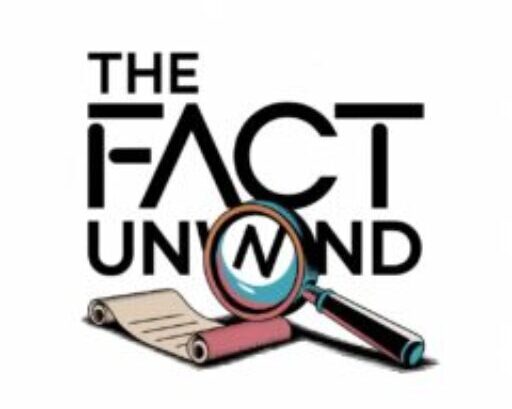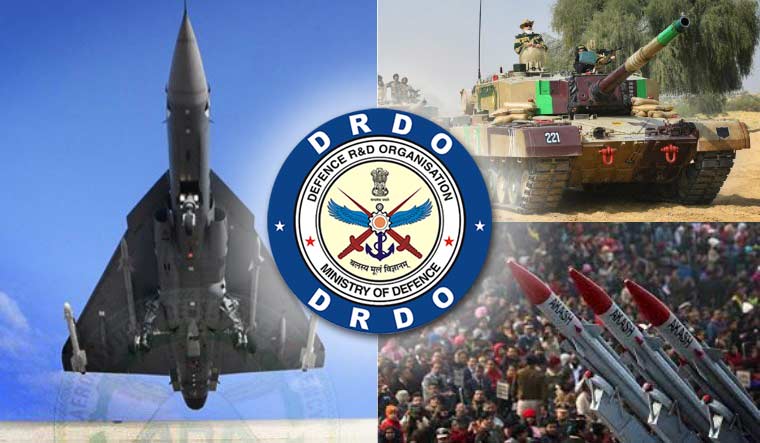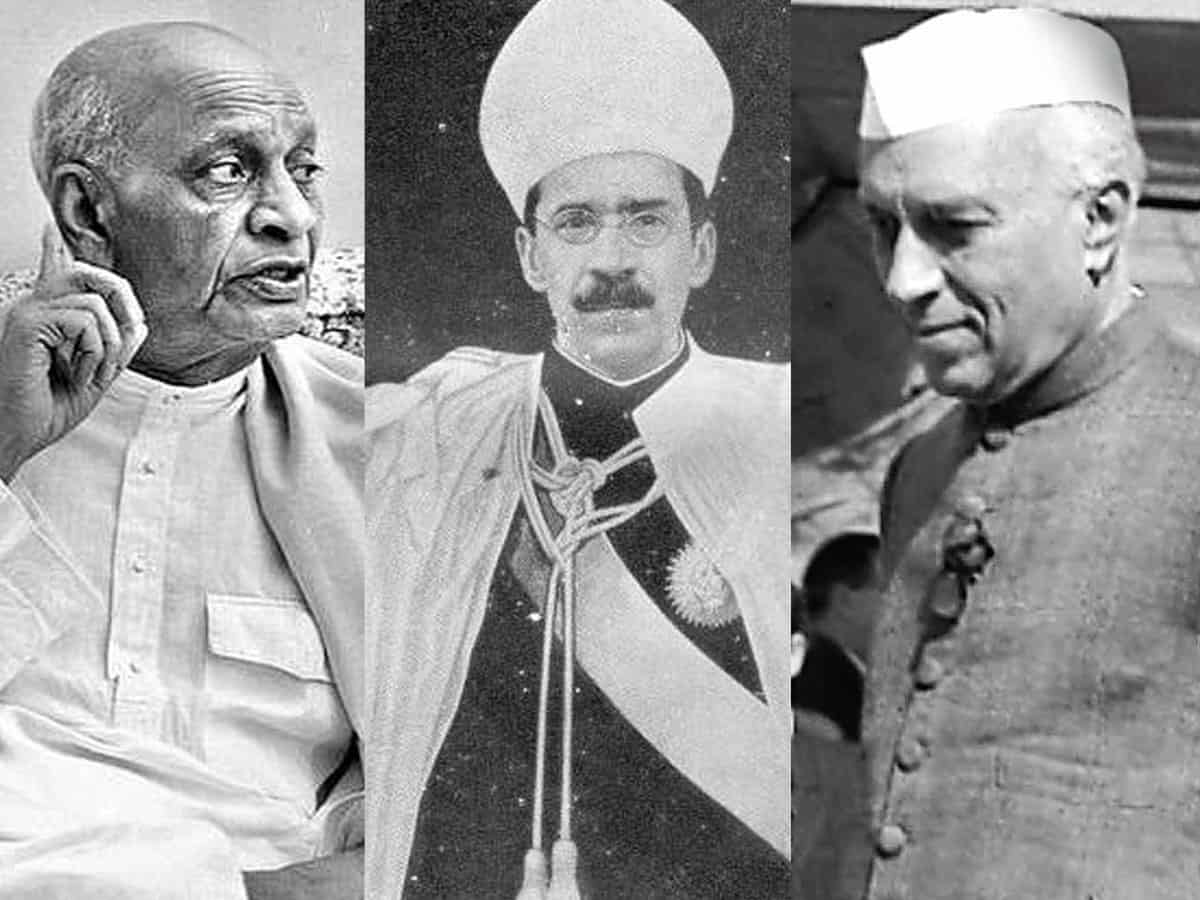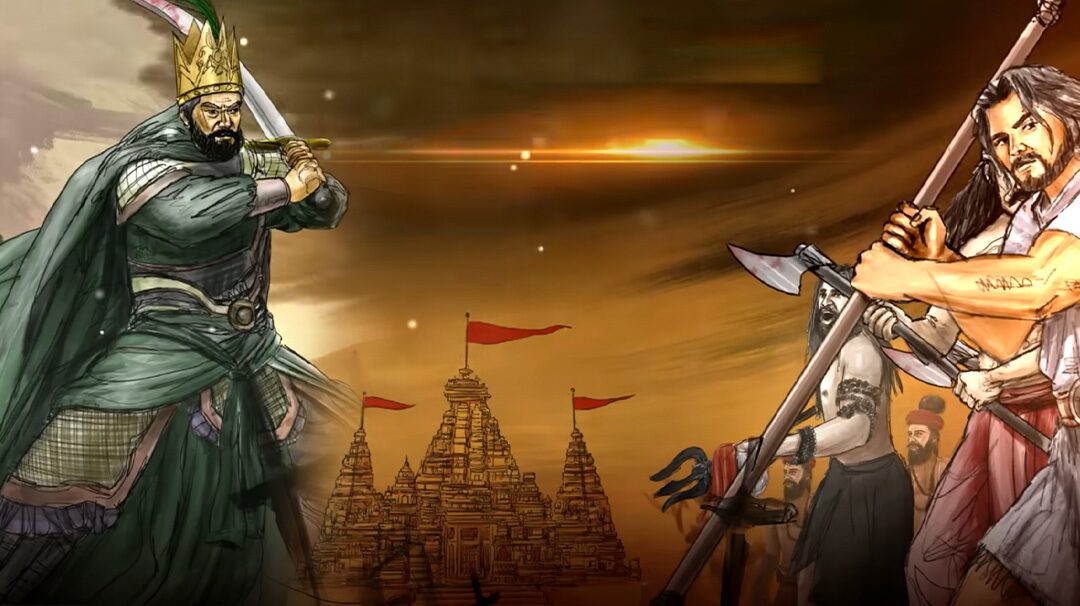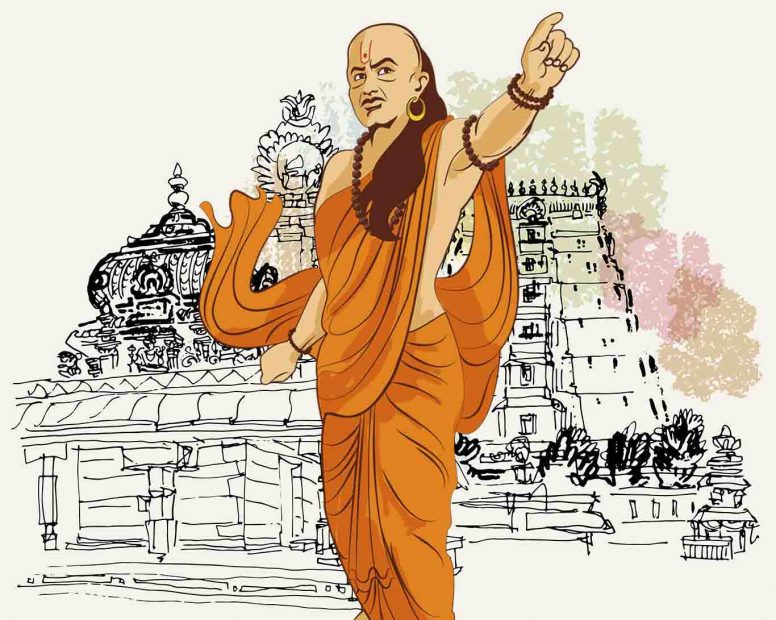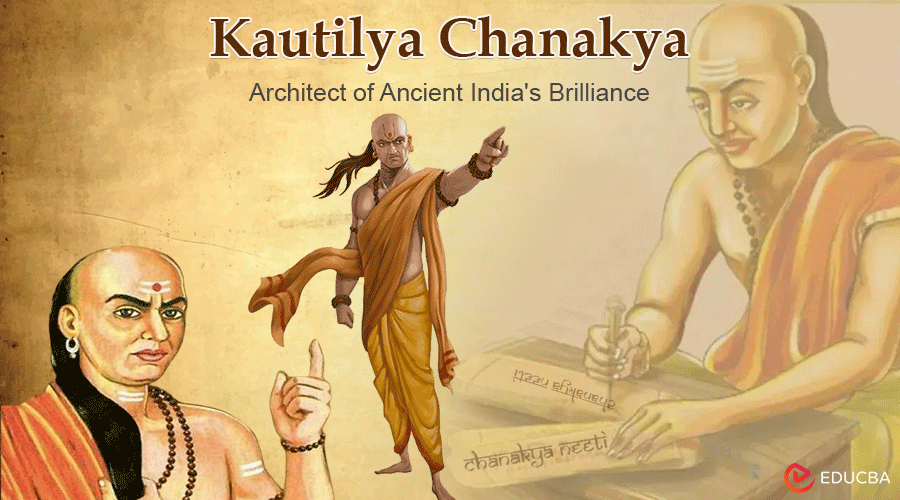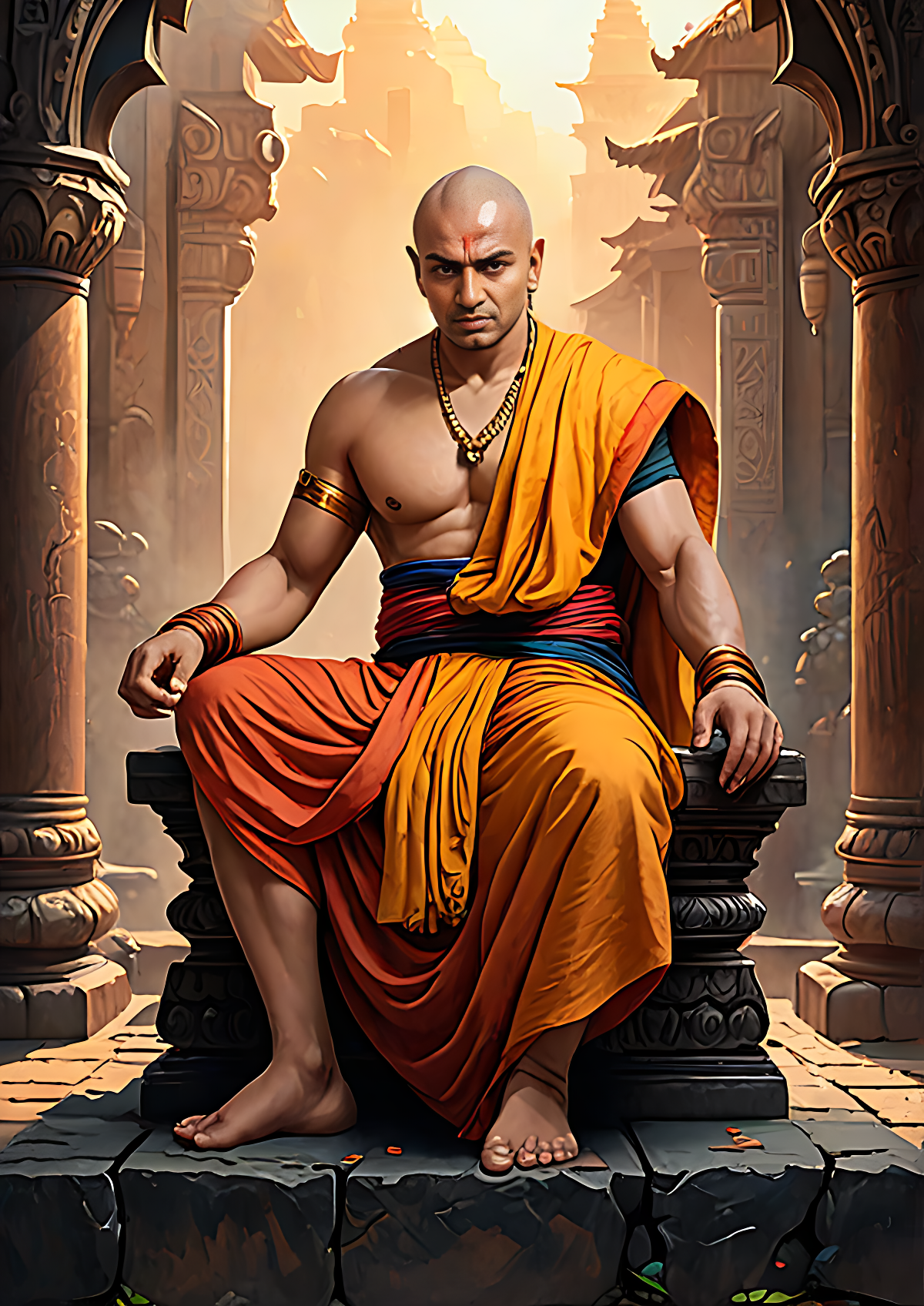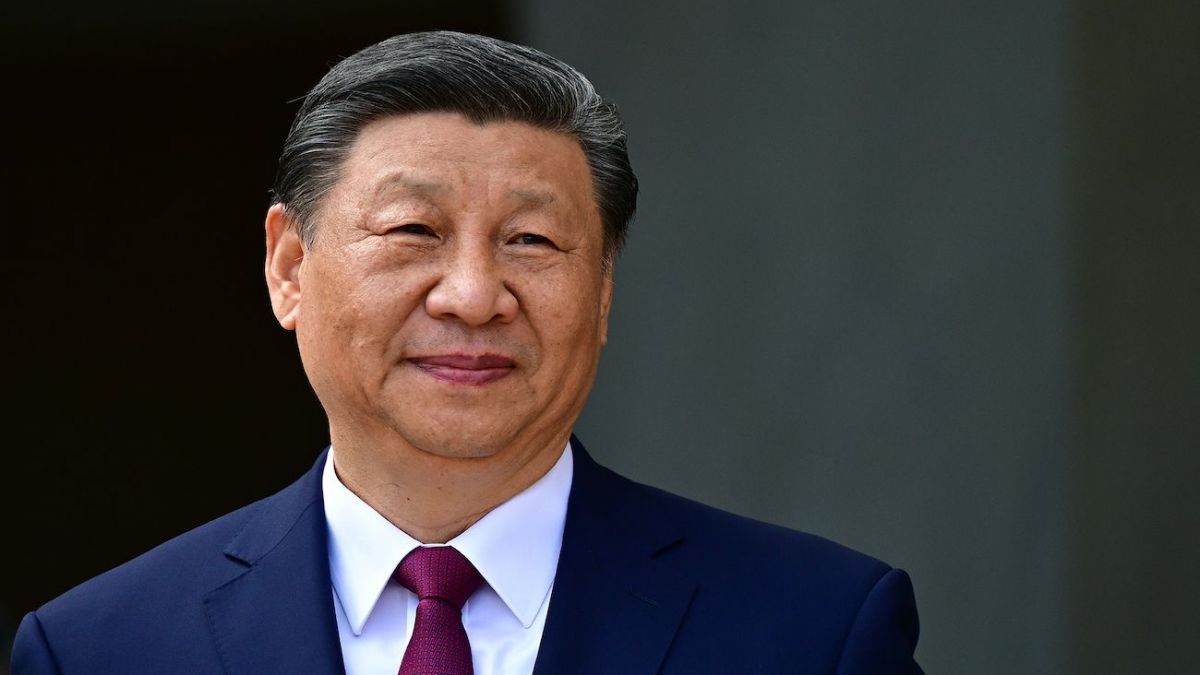
- 1. Xi Jinping Spent Seven Years in a Rural Village During the Cultural Revolution
- 2. Xi Jinping Is One of the Most Powerful Chinese Leaders Since Mao
- 3. Xi Is Married to a Famous Chinese Singer
- 4. Xi Jinping’s Anti-Corruption Campaign Has Taken Down Over a Million Officials
- 5. Xi Jinping Has a Strong Vision for Global Leadership Through the Belt and Road Initiative
- Conclusion: The Multifaceted Legacy of Xi Jinping
Xi Jinping, the current President of the People’s Republic of China, is one of the most powerful leaders in the world today. His leadership has dramatically reshaped China’s global standing, its economy, and its political system. With his ambitious domestic and foreign policies, Xi has become a central figure on the world stage, often compared to the likes of Mao Zedong and Deng Xiaoping. However, there are many intriguing and lesser-known facts about Xi Jinping that shed light on his life, leadership style, and the forces driving modern China. Here are five amazing facts about Xi Jinping that reveal more about the man behind China’s global rise.
1. Xi Jinping Spent Seven Years in a Rural Village During the Cultural Revolution
One of the most formative periods in Xi Jinping’s life occurred during China’s Cultural Revolution (1966-1976), a decade-long period of political and social upheaval initiated by Mao Zedong. As the son of Xi Zhongxun, a high-ranking Communist Party official who fell out of favor with Mao, Xi Jinping’s early life was marked by hardship. In 1969, at the age of 15, Xi was sent to live in a small rural village in Shaanxi province as part of Mao’s “Down to the Countryside” movement, where urban youths were sent to learn from peasants.
For seven years, Xi lived in Liangjiahe, a remote village that lacked electricity and modern conveniences. He worked as a farmer, digging ditches, herding sheep, and even sleeping in caves, as this was the local form of housing. The harsh living conditions and physical labor shaped his character and taught him resilience. As Xi later recalled in an interview, “The hardships of my youth formed an important part of my education. The rural areas showed me what China really was.”
During this time, Xi gained a deep appreciation for the struggles of ordinary Chinese citizens and developed a reputation for being hard-working and resourceful. This period of exile also helped Xi politically. By the time he returned to Beijing, he had gained a reputation as a man of the people, which would later help him rise within the Communist Party ranks.
2. Xi Jinping Is One of the Most Powerful Chinese Leaders Since Mao

Xi Jinping has amassed more power than any Chinese leader since Mao Zedong, the founding father of the People’s Republic of China. While his predecessors Deng Xiaoping and Jiang Zemin established systems to prevent one-man rule, Xi has dismantled many of these checks on power. Since assuming office in 2012, Xi has consolidated control over the Communist Party, the military, and the government, leading to widespread comparisons between Xi and Mao.
In 2018, Xi made global headlines by pushing through a constitutional amendment that removed the two-term limit for China’s presidency. This move effectively allows Xi to rule for life if he chooses, a significant departure from the leadership model established by Deng Xiaoping, which promoted collective leadership and term limits to prevent the excesses of personal rule. As Xi himself stated in a speech to the National People’s Congress, “It is essential to ensure the authority and centralized, unified leadership of the Central Committee, as it is vital to the future of the nation.”
Under Xi’s leadership, the Communist Party’s role in Chinese life has grown significantly. He has reasserted Party control over the economy, civil society, and even private businesses, stressing that the Party must lead “everything.” His anti-corruption campaign, one of the largest in modern Chinese history, has also been a key tool in consolidating his power, removing political rivals, and ensuring loyalty within the Party.
Xi’s leadership has been marked by an assertive foreign policy, often referred to as the “China Dream,” aimed at making China a dominant global power. As part of this vision, Xi has expanded China’s influence through initiatives like the Belt and Road Initiative (BRI), which seeks to build infrastructure and strengthen ties between China and countries across Asia, Africa, and Europe.
3. Xi Is Married to a Famous Chinese Singer
As much as Xi Jinping’s political career is newsworthy, there are those who are interested in the theatrics of his personal life. This is because Xi is married to Peng Liyuan, a prominent Chinese singer associated with the performance of various patriotic and folk songs. Known as a major general in the People’s Liberation Army, Peng was already a popular figure throughout in China long before Xi became a national leader. Amongst the many even more visible first ladies of China, her beauty and glamorous lifestyle have established her as one of the most popular among the masses.
For over twenty years, Peng Liyuan performed at the CCTV New Year Gala, which is arguably the most watched calendar event in the nation. Her voice as a Soprano, in addition to her magnetic personality, has got her fans all over China and she is loved for her performances of famous Chinese songs including, ‘People From Our Village’ and ‘On The Plains Of Hope’.
Unlike many of the wives of past Chinese leaders, Peng has maintained a public profile since Xi became president. She has embraced her role as China’s first lady by promoting education, public health, and HIV/AIDS awareness. Peng is also a World Health Organization (WHO) goodwill ambassador for tuberculosis and HIV/AIDS. Her influence as a cultural figure helps soften Xi’s image internationally, as she is often described as “glamorous” and “charming” by foreign media.
Peng Liyuan and Xi Jinping met in 1986, and their relationship has been described as mutually supportive. In a 2015 interview, Xi spoke fondly of Peng, saying, “She supports me in my work, and I support her in hers.” Their marriage is seen as a modern political partnership, combining Peng’s celebrity with Xi’s political stature.
4. Xi Jinping’s Anti-Corruption Campaign Has Taken Down Over a Million Officials
In domestic politics, Xi Jinping seeks a goal that has become the hallmark his administration. Xi has targeted ‘tigers’ – high officials – as well as ‘flies’ – low-ranking bureaucrats in his sweeping anti-corruption campaign that he intensified in 2012 after coming to office. As of now over 1.5 million officials have been reportedly punished under the campaign, with its supporters claiming credit for such a figure.
For Xi, this campaign is not only implemented to eradicate wrongdoing, but also aids in unifying control and removing competitors. After all, Zhou Yongkang who had been a member of the Communist party’s politburo standing committee; Bo Xilai, Chongqing party secretary are now both similarly disgraced figures who were viewed as threats to Xi’s reign.
For Xi’s political campaign, much of the support gained is as a result of his fusion with the CRC because in China, the public has always bottled anger due to corruption trends as well as the trust in the communist party declining with time. He argued that the elimination of quasi-chost corruption is crucial for the existence of the Party and said: “If we cannot manage the Party, it will stop governing the nation and become ruled.”
However, Mosher and Rawski have different views as they stress that the C de Boss politicians campaign’s ultimate purpose is also political and manned selectively to emolument Xi’s rivals whilst excluding his supporters. However these views have never swayed the campaign’s objectives which have altered the Chinese political game fundamentally while cutting back on corruption at different echelons of the government, all the while consolidating Xi’s grip.
5. Xi Jinping Has a Strong Vision for Global Leadership Through the Belt and Road Initiative
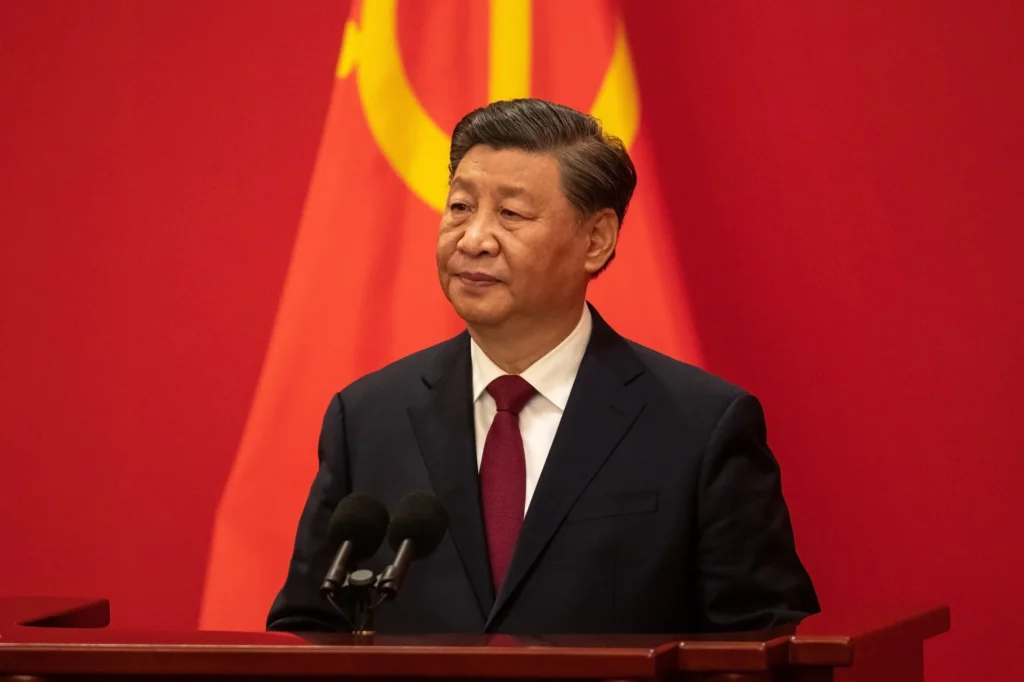
Xi Jinping’s Belt and Road Initiative (BRI) initiative is an aggressive move in China’s belt and road plans. First announced in 2013, the bRI seeks to extend China’s outreach by creating infrastructure and attractive investment opportunities to people in Asia, Europe, and Africa. Ubiquitously described as the ‘Silk Road of the 21st century’, the BRI is more than just about economics because the image of the state is greatly enhanced.
Under the BRI, China is spending billions of dollars in more than 70 countries for the construction of infrastructure such as highways, railroads, ports and energy pipelines. Xi Jinping considers this initiative as a major component of his dreams to unite the world through networks and advance global interaction. During a 2017 address, Xi provided more information about its wider purposes when he remarked that: ‘The Belt and Road Initiative is not just about development, it is about development and peace as well. Countries along the route and other countries further afield will benefit.’
Consequently, for Xi, the BRI is a way by which China wishes to present itself as a true world leader in opposition to the dominance of the American model. It shows the contribution of China to world governance and promotes partnerships in the world.
However, the BRI has not been without its share of conflict. Opponents accuse China’s Belt and Road Initiative of practicing “debt-trap diplomacy,” which involves providing excessive funding to those who are unlikely to honor their obligations for the purpose of attaining political or economic influence.
Conclusion: The Multifaceted Legacy of Xi Jinping
Xi Jinping has almost changed the entire landscape of China and the globe. From his tribulations during the Cultural Revolution to emerging as one of the strongest Chinese leaders after Mao, Xi’s individual and political life is characterized by grit, ambition and a vision for the nation. The initiative against corruption in China led by him, marrying Peng Liyuan, and the ‘one belt, one road’ policy clearly broadened the scope of his leadership as a transformational one.
On the other hand, Xi’s ongoing consolidation of power, that style has brought coercion and human rights issues, during Xi’s rule, his vision undeniably transformed the seal of Modern China. He is, and remains the most powerful man. A more unapt public figure embroiled in global politics would be difficult to find. As Xi political figure continues to drag China through China’s turbulent times in global politics, the prominence of Xi’s politically decisive figure will multiply. These five astonishing realities about Xi Jinping explain why the four decades long politics of China and Xi’s leadership is quite complex and what drives the country’s growth on the international scene.
